Netanyahu’s ambitions are no longer confined to diplomacy or the pursuit of normalisation agreements. The Abraham Accords, once seen as his utlimate goal of his contemporary regional strategy, now appear irrelevant, cast aside in favor of a far more aggressive vision. What is unfolding is not the politics of peace but the politics of expansion, where no Arab country can assume immunity. The question of which state will be targeted next is impossible to predict, precisely because Netanyahu’s actions are driven less by rational calculation than by the confidence that comes with unconditional American support. Few could have imagined that Doha, with its U.S. military base and status as a close Washington ally, would be struck, yet it happened. This unpredictability signals a dangerous reality: the scale of war is set to widen, and any country in the region could find itself Israel’s next target.
The Idea of Israel
These ambitions are not only ideological but have a history of concrete actions. Israel has long used conflict as a pretext for expansion, most clearly in 1967 when, under the cover of war, it extended its control into Lebanon, Syria, Egypt, and the occupied West Bank. The annexation of the Golan Heights remains one of the starkest examples of how expansion beyond Palestinian territories has been pursued in practice, not merely discussed in theory. This historical record shows that the “Greater Israel” vision is not a distant myth but a project advanced in stages whenever political or military conditions allow.
Analysts often describe this plan as unfolding in phases. The first is the systematic de-Palestinianization of Palestinian territories, a process that continues today and may soon escalate in the West Bank through mass killings, starvation, and forced displacement. The second involves extending occupation into neighbouring Arab states, as already seen in Lebanon and Syria, where Israel has attempted to carve out zones of control and influence. The long-standing occupation of the Golan Heights and recent moves in Suwayda highlight this trajectory. A third phase would likely target Jordan, where a considerable segment of the population is of Palestinian origin, before attention shifts to Egypt, Saudi Arabia, and Iraq in the final stage. The endgame is clear, reshaping the Middle East’s political geography to cement Israeli hegemony.
With this in mind, he Israeli strike on Qatar must be understood. Qatar, a close U.S. ally and home to the massive al-Udeid military base, has long relied on American protection for its security. For Israel to unilaterally strike Doha is not just about targeting Hamas leaders; it is an alarming escalation that sends a broader message. It signals that even Arab capitals once thought untouchable are within reach, raising questions about whether American allies are truly shielded and whether such attacks can gradually be normalized. In effect, this strike serves as a testing balloon, a way to probe the world’s reaction and gauge how far Israel can go in advancing its expansionist agenda.
What emerges, then, is a picture of continuity rather than rupture, the recent strike is not an isolated incident but part of a long pattern, one deeply rooted in Zionist ideology and openly articulated by Israeli leaders. It suggests that the path toward “Greater Israel” is moving into a new and dangerous phase, leaving the region and the wider world to ask an unsettling question: which Arab capital will be next?
Netanyahu’s Growing Ambition
With time, and under the cover of U.S. support, Netanyahu’s ambitions have steadily grown, pushing his agenda from one level to the next. Before the events of October 7, his primary objective revolved around diplomacy, particularly consolidating the Abraham Accords with Arab states. At that stage, normalization was his ultimate prize. Yet the eruption of war changed the calculus. The accords, once central, now seem secondary, if not irrelevant, to Netanyahu’s broader goals. In the current moment, they appear outdated, overshadowed by the larger vision of Greater Israel.
This shift has been reinforced by developments on the ground. The war on Gaza has not only postponed regional peace efforts but has also raised deeper questions about Israel’s long-term strategy. If Netanyahu is truly set on pursuing the Greater Israel project, a vision openly articulated by Israeli politicians and even linked to Herzl’s territorial designs, stretching into Saudi Arabia and including holy sites such as Mecca and Medina, then the very idea of regional stability becomes fragile, if not impossible. From the outset, Netanyahu has been determined to expand the conflict. Eliminating Hamas was never his only goal; his sights were fixed on widening the battlefield into other territories.
Ironically, only two months ago Netanyahu appeared to consider a deal with Hamas that might have ended the fighting: ten Israeli hostages released in exchange for hundreds of Palestinian prisoners and a 60-day ceasefire. Such an agreement could have paved the way toward de-escalation. But following a visit to Washington and a meeting with Trump, Netanyahu abruptly changed course, abandoning negotiations and instead preparing for a devastating assault on Gaza City. The result was not only the prolongation of war and the widening of its scope with Netanyahu coming out saying that every country had the right “to defend itself beyond its borders”.
This trajectory fits a wider pattern. Netanyahu has never hidden his aspiration to become the region’s dominant power. In few months, and especially after the fall of Al-Assad regime in Syria, this was framed as a rivalry with Turkey for regional leadership. During the Syrian conflict, Israel directly challenged Iranian proxies, and the fall of Al-Assad was seen as a strategic victory for Netanyahu’s broader vision. Today, however, his ambition has grown beyond competition; speculation has even arisen that Turkey itself could be a future target. While such a scenario seems unlikely, Turkey is a NATO member with the alliance’s second-largest army and lies outside Israel’s immediate strategic reach, the very fact that such discussions exist signals how much the scope of Israeli ambition has widened.
Whether or not Turkey is targeted, one conclusion seems clear, Netanyahu is searching for the next front. His strategy is built on prolonging war, creating as many enemies as possible, and avoiding the prospect of a forced settlement, which he views as a political nightmare. By keeping the conflict alive and expanding it, he buys time and sustains his leadership. Opinion polls may show his Likud party holding ground while his far-right coalition falters, but with elections not due until 2026, Netanyahu still has room for maneuver. War, he knows, has a way of reshaping public opinion, and he is betting on that volatility.
At this moment, Netanyahu’s greatest advantage remains the unwavering backing of Donald Trump. The American president’s unconditional and continious support has emboldened him, creating a sense that Washington will stand by his side regardless of how far he pushes. And Netanyahu is moving quickly, almost as if racing against the clock of Trump’s presidency. Within a short span, his government has devastated Gaza, prepared the West Bank for the next wave, and even struck a Gulf capital, an unimaginable step only days earlier. The pace suggests that Netanyahu intends to advance the Greater Israel project within the next three years, capitalizing on this narrow political window which might end with Trump’s presidential term.
Accordingly, Netanyahu has little interest in ending the war. For him, an expanded and prolonged conflict is beneficial, both ideologically and politically. If the strike on Qatar has shown anything, it is that no regional state should consider itself beyond reach. What once seemed unthinkable is now a reality, and it may only be a matter of time before another Arab country finds itself in Israel’s crosshairs.
References
Haaretz Editorial Board. “Turkey Could Be Next in Israel’s Crosshairs. The Consequences Catastrophic.” Haaretz, September 11, 2025. https://www.haaretz.com/opinion/2025-09-11/ty-article-opinion/.premium/turkey-could-be-next-in-israels-cross-hairs-after-qatar-the-consequences-catastrophic/00000199-2de2-df0a-a3bd-7ff612f50000
Kingsley, Patrick, and Isabel Kershner. “Netanyahu Defiant as Israel Escalates Gaza War.” New York Times, September 17, 2025. https://www.nytimes.com/2025/09/17/world/middleeast/netanyahu-israel-gaza.html
Majalla. “Time to Worry: Netanyahu Says He ‘Connects’ Greater Israel.” Accessed September 19, 2025. https://en.majalla.com/node/326994/politics/time-worry-netanyahu-says-he-%E2%80%98connects%E2%80%99-greater-israel
SETA. Are Arab States Waiting to Be Occupied by Israel One by One. Accessed September 19, 2025. https://www.setav.org/en/are-arab-states-waiting-to-be-occupied-by-israel-one-by-one
Cook, Steven A. “Israel, Gaza, Syria, Iran: The Coming Regional War.” Foreign Policy, August 5, 2025. https://foreignpolicy.com/2025/08/05/israel-gaza-syria-hegemon-iran/
Cook, Steven A. “Israel, Iran, and the New Middle East Hegemon.” Foreign Policy, June 16, 2025. https://foreignpolicy.com/2025/06/16/israel-iran-war-middle-east-hegemon/


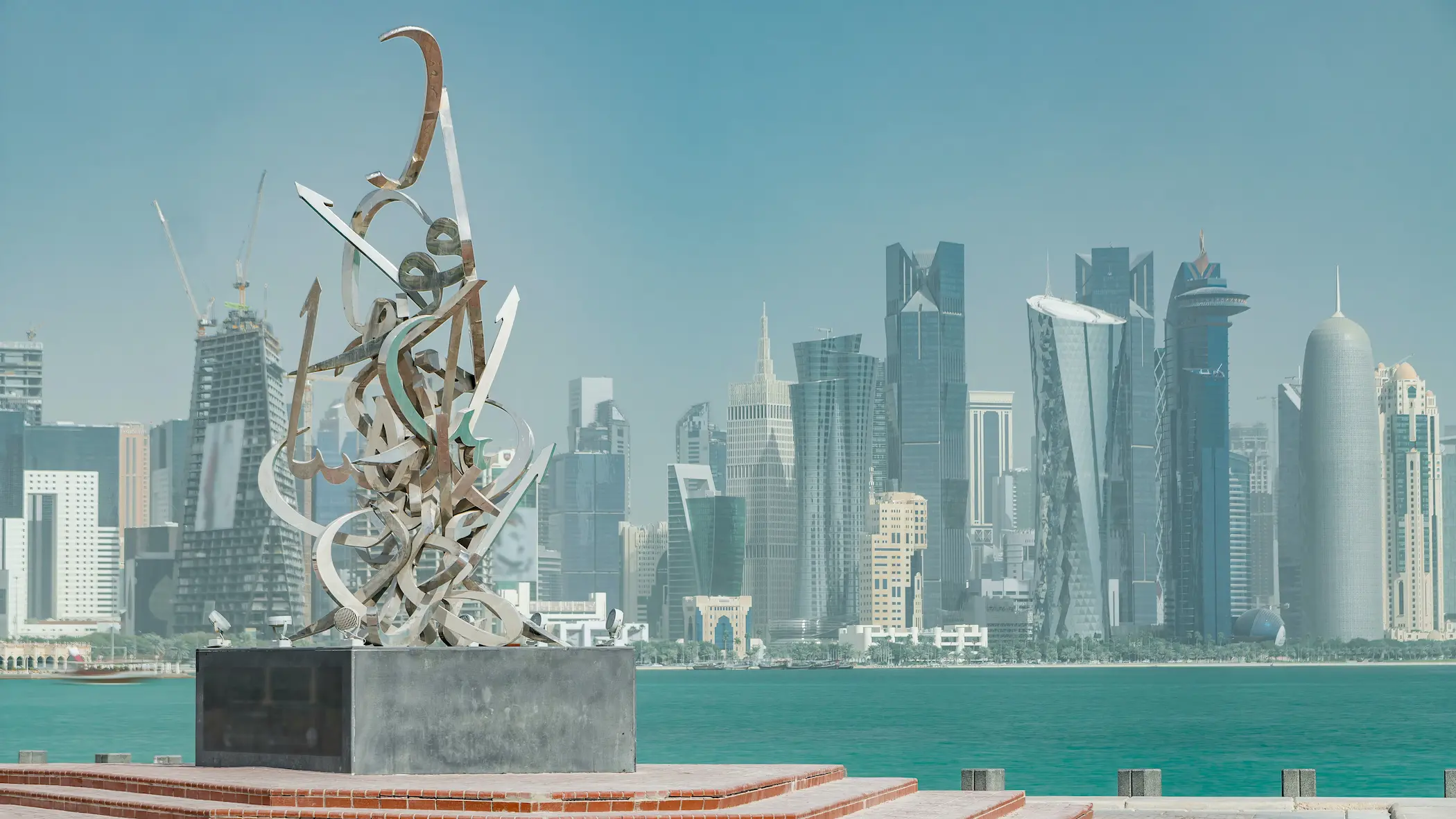

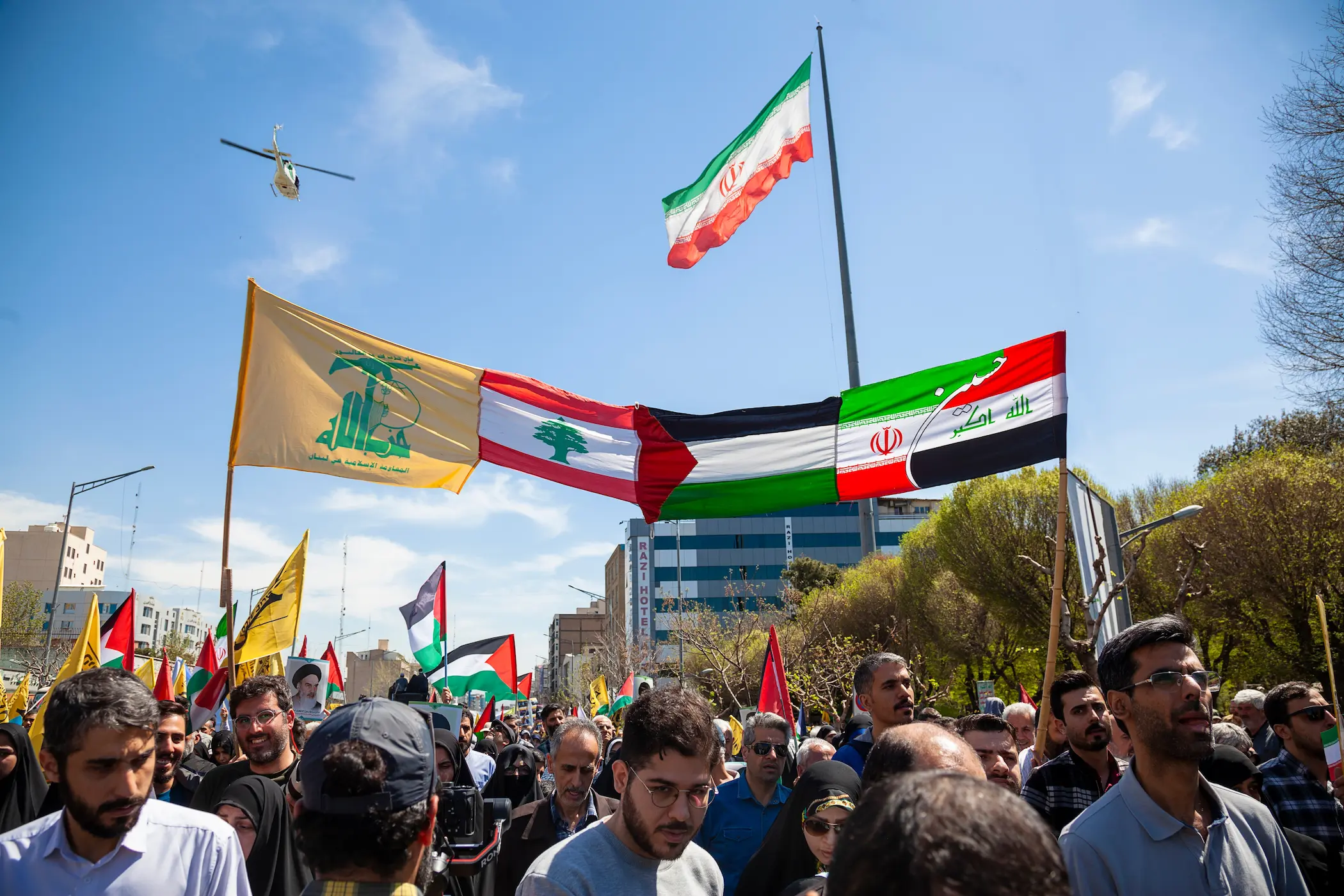






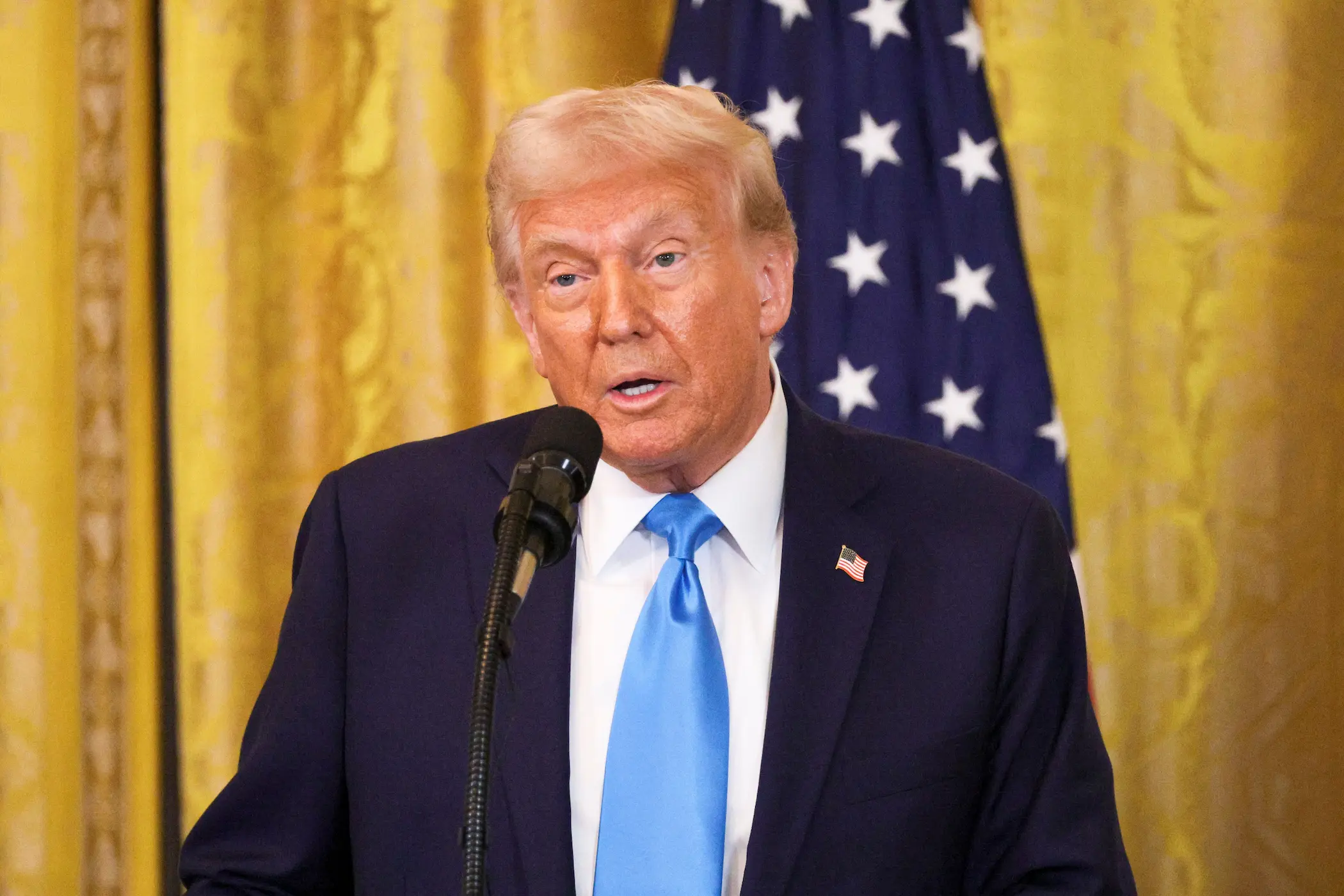

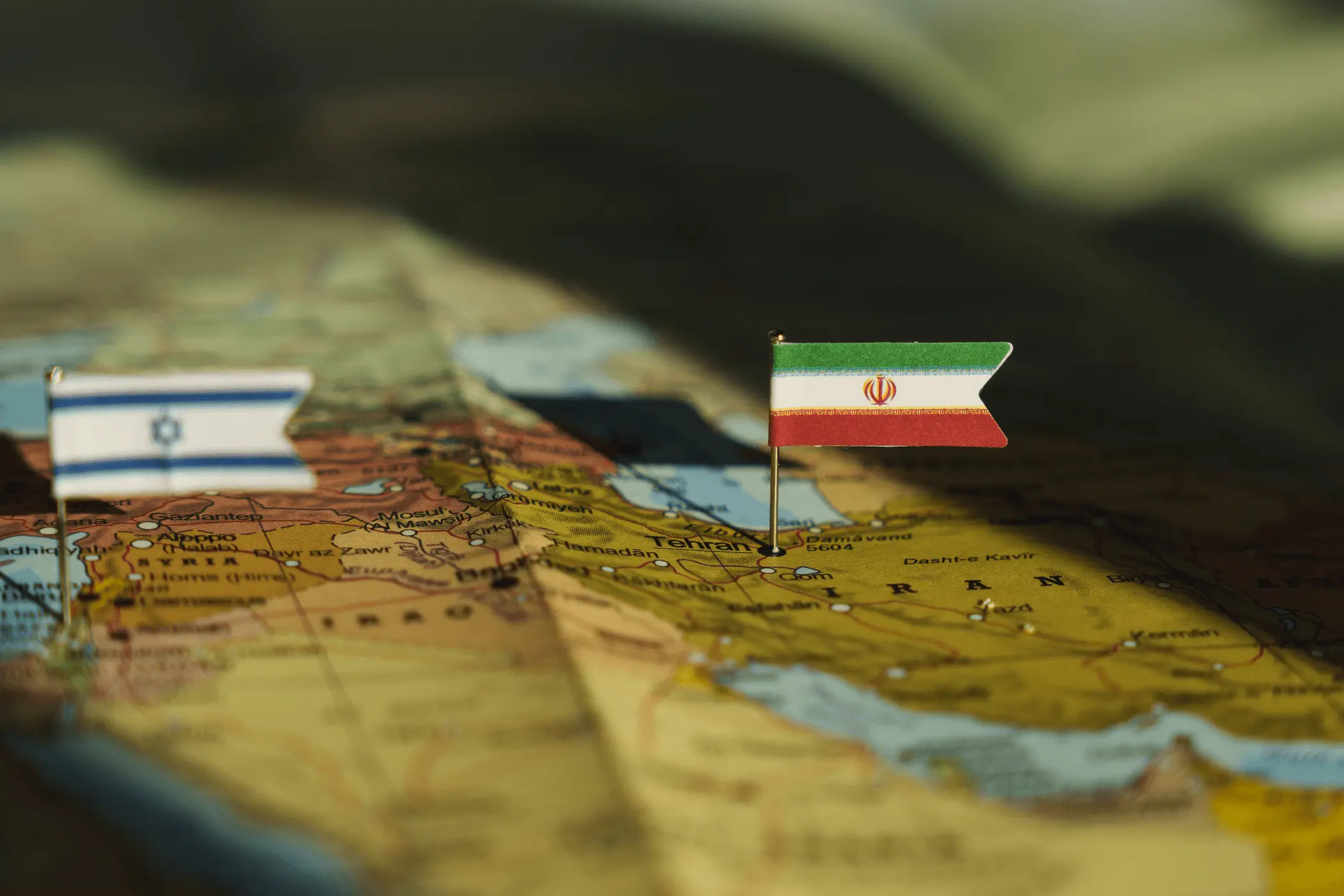
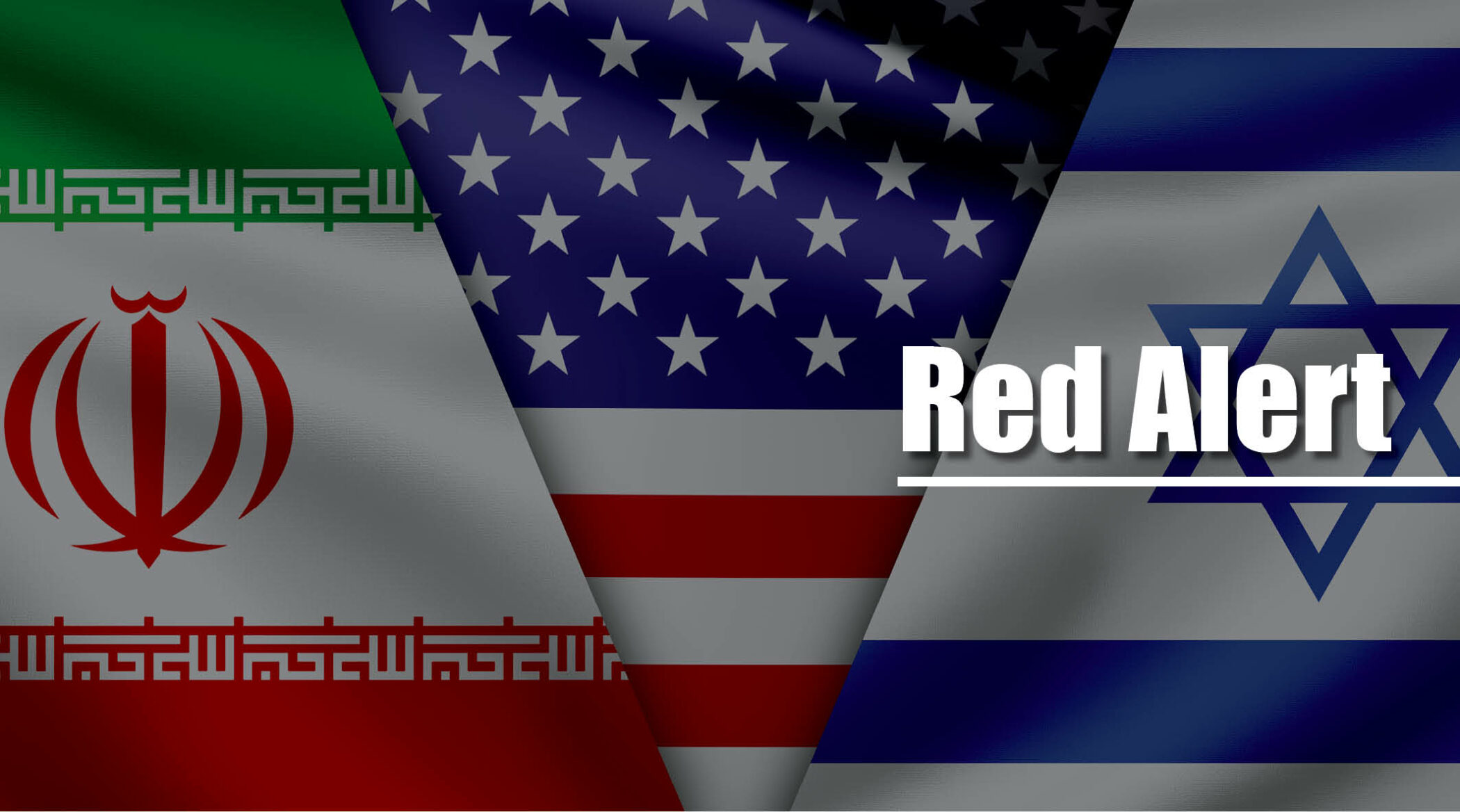
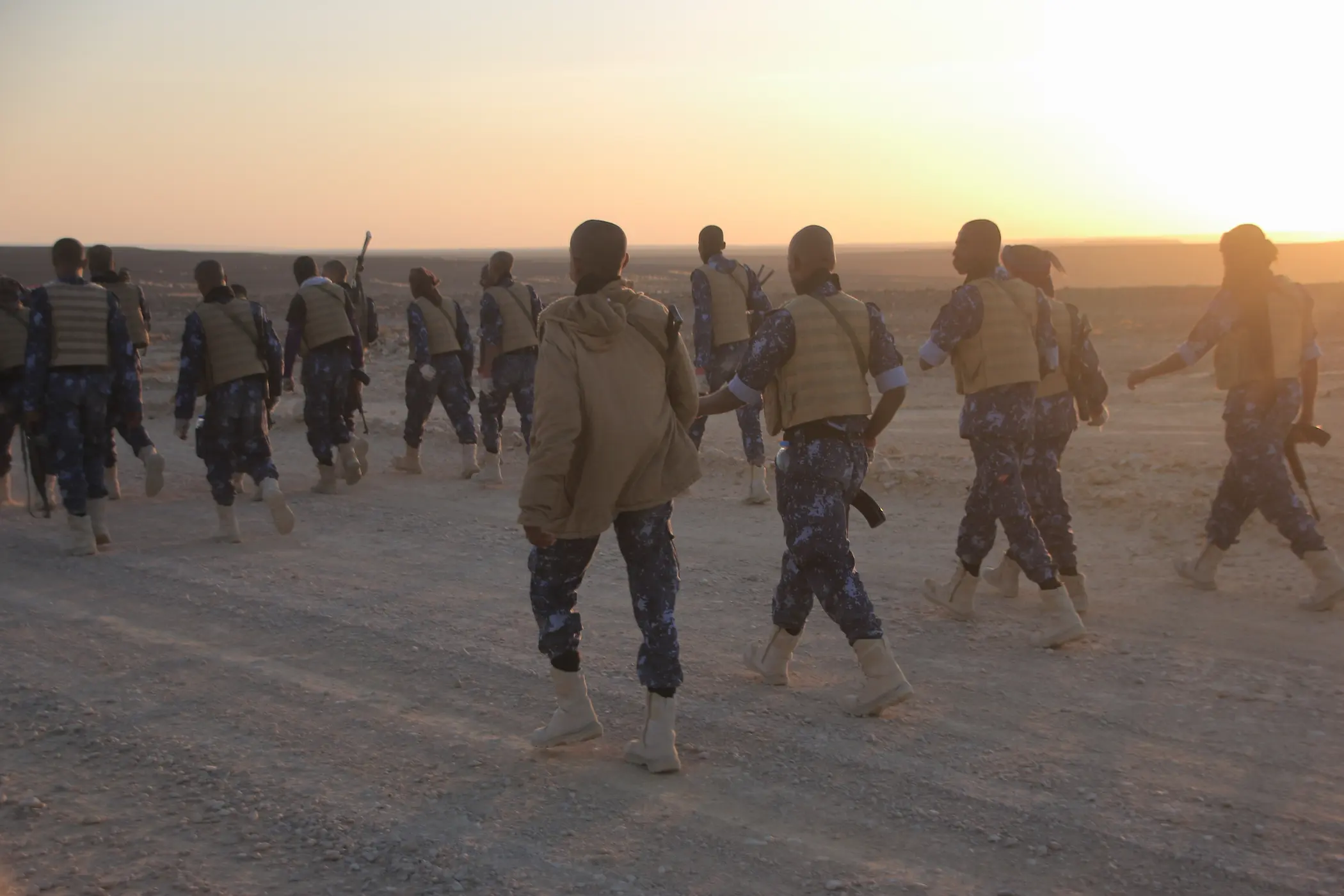






Comments